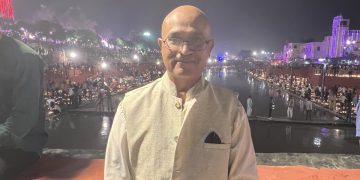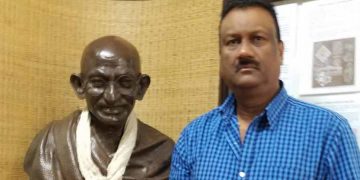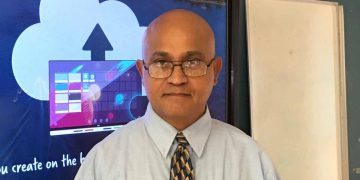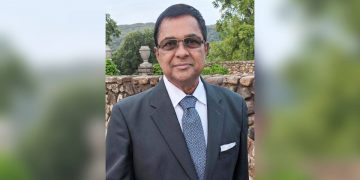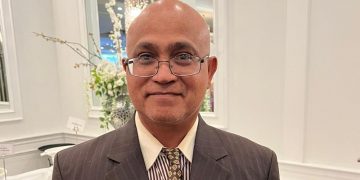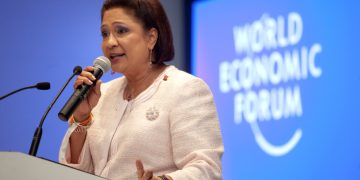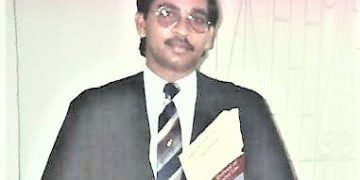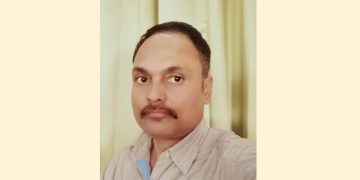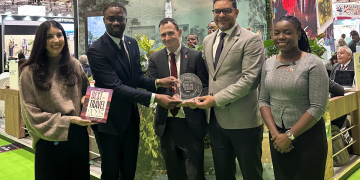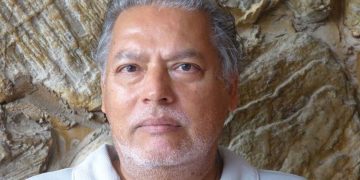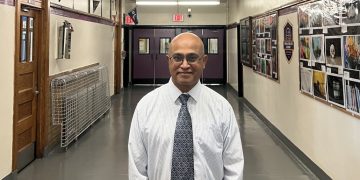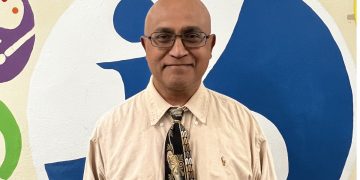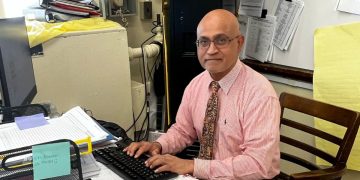Namaste. I am happy to add my review of Prime Minister Modi’s visit to Guyana and his interaction with Caricom leaders and other civil bodies including Guyanese cricketers, past and present.
The visit revealed that Modi is not only a tremendous public speaker but has the distinct ability to interact with small groups and most importantly, to connect on a one to one. That, to me, is a rare and admirable skill and the hallmark of a great person!
It is well known that a promise made by Prime Minister Modi is as good as gold. The leaders of CARICOM, aware of this trait of Modi, would be confident that Modi’s seven point- plan would be fulfilled, and in particular his agreement to train eleven female cricketers from each territory. This will definitely boost women cricket and help to restore some greater identity in the region where so much appears to be slipping away.
Most entertaining and on a ‘bouncy wicket’ was the gathering of Guyanese cricketers and their interaction with Modi. Attentive and jovial, Modi listened to Alvin Kallicharan’s tale of being beaten by police when he was separated from the West Indian team at the airport on his first tour of India in 1973. The police doubted that he was West Indian until his manager rescued him.
In his usual style Modi enquired from Clive Lloyd about his health and interacted with all the players. Most interestingly was Modi’s recollection of Bishu’s visit to Gujarat which Bishu acknowledged.
Modi would have been most happy to experience first hand the noble work that Swami Aksharananda is doing at the SVN College at West Coast, Demerara and more so to listen to the chanting of Sanskrit verses from students.
Another stop saw Modi with a pair of jhal in his hands joining in Jhal Ramayan. To look on is great but to join in the activity is tremendous!
Modi’s address to a huge gathering of Guyanese and other members of the diaspora should be viewed by his audience as not just another day but as an opportunity to re-affirm their commitment to service.
The diaspora needs to do some reflection and be honest with itself. It needs to look at the progress of other diaspora communities and ask: why are we not doing better than we should? While politics and discrimination are major contributors, the question is: Are we doing enough to overcome these setbacks?
It appears that leadership at the community level has more to do with optics, and less to do with meaningful programs except the occasional chanting of the Hanuman Chalisa, the lighting of a half dozen deeyas and the savoring of halwa and rasgula.
The Caribbean diaspora needs more than Modi’s presence and charm; it needs adult males and females to accept responsibilities, similar to what Swami Aksharnanda is doing at SVN. Social issues such as alcoholism, poverty, creolization, racism and discrimination are real issues. Unfortunately, a few, fearing that they may lose their privileged status, and access to Balishier House , suppress the sufferings within the community.
Whatever the setbacks, the community must resolve to overcome them by stopping the finger-pointing and start working together. This is the challenge and for this there are vacancies.
Modi has a country of 1.4 billion to manage with 200 to 300 million still living in poverty. He has major challenges to overcome and just as he has taken the bull by the horn, so also Indo-Caribbean people must courageously fight on for a just and prosperous region. Modi can definitely be a coach, a guide or an elder brother but he certainly cannot go to the wicket and bat for us!














